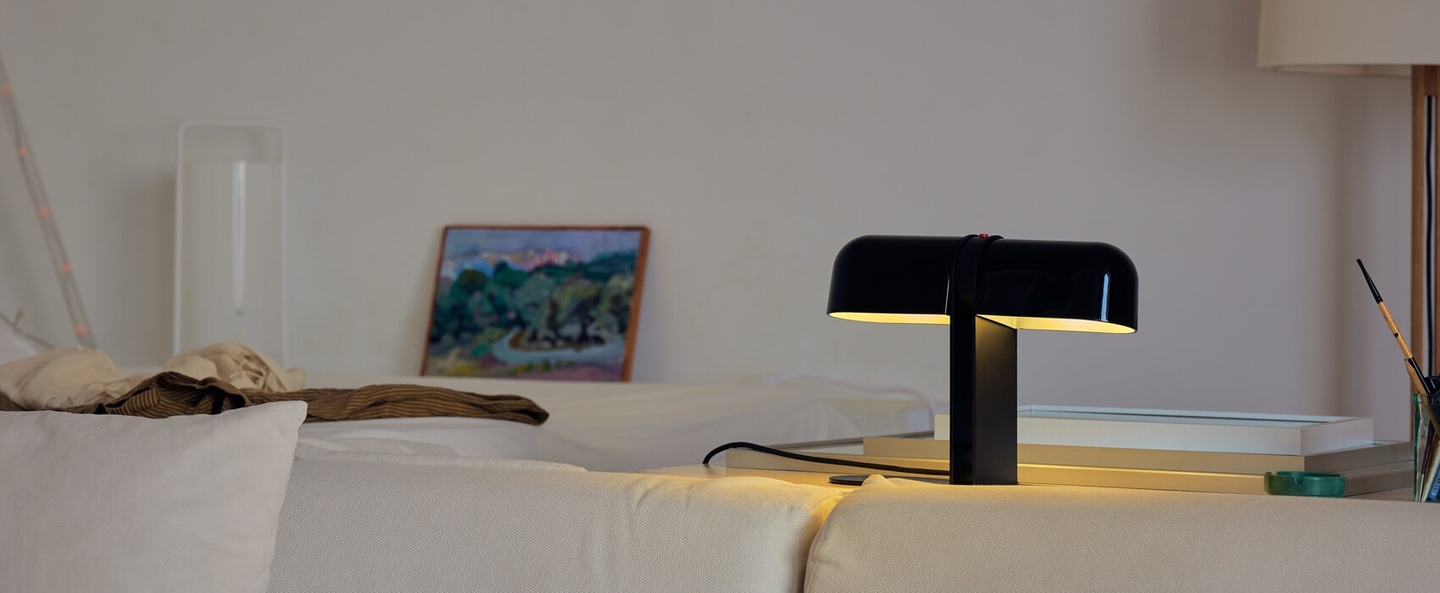
André Ricard
- Birthdate
- 1929
- Nationality
- Spanish
- Occupation
- Designer, architect, author
André Ricard, a leading figure in 20th-century Spanish design, was born in Barcelona in 1929. From an early age, he trained at the Academy of Warnia Zaraszescka, a Polish artist who introduced him to the principles of the Bauhaus school, profoundly influencing his vision of design. His career really took off in 1963 when he began a collaboration with the Puig perfume house, for whom he designed innovative packaging, establishing his reputation in the field. His work rose to the top when he was commissioned to create the torch for the Barcelona Olympic Games in 1992, an emblematic work in his career, followed by the design of the Olympic cauldron in Lausanne in 1993.
André Ricard's designs are distinguished by their functional simplicity and practicality, which he incorporates into everyday objects such as the Copenhagen ashtray or the Menhir lighter. Behind every object, no matter how modest, lies a thoughtful process in which functionality takes precedence over form. This philosophy is also illustrated in his lighting designs, such as the Tatú and Fontana lamps published by Santa & Cole. For Ricard, design is about giving objects the simplest, most logical forms, so that they fulfill their function to the full.
Throughout his career, Ricard has been recognized for his use of natural materials, which he processes using artisanal techniques. An advocate of manual intervention in the production of his creations, he sees it as a means of preserving the traditions and authenticity of objects. A teacher and author, he was also founding president of ADI-FAD and vice-president of the International Council of Societies of Industrial Design. Among his many honors, he celebrated his 90th birthday by reissuing his Petit Tatú lamp, demonstrating the enduring relevance of his work to contemporary design.








